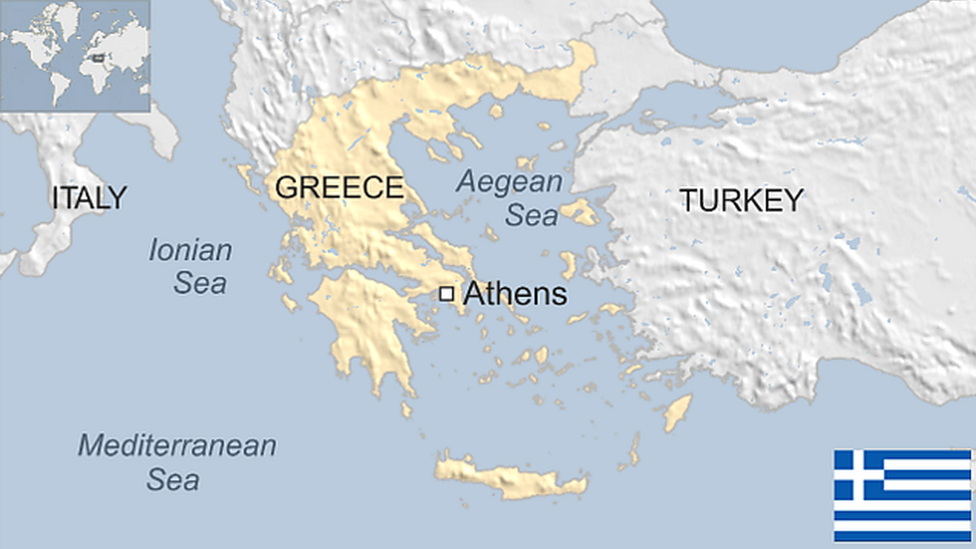North Macedonia country profile
- Published
This page is no longer being updated. It was last updated on 10 June 2024

North Macedonia was spared the inter-ethnic violence that raged elsewhere in the Balkans following the break-up of Yugoslavia in the early 1990s, but came close to civil war a decade after independence.
Rebels staged an uprising in early 2001, demanding greater rights for the ethnic-Albanian minority. After months of skirmishes, EU and Nato support enabled the authorities to strike a peace deal.
International recognition of the country's split from Yugoslavia in 1991 was held up over Greek fears that its name implied territorial ambitions toward the northern Greek region of Macedonia. In 2018 the then Republic of Macedonia and Greece agreed on a new name - the Republic of North Macedonia - which came into force in February 2019.
But Bulgaria then objected to the country's EU accession - insisting that North Macedonia should acknowledge the Bulgarian heritage of its country and people.
The only way out was through constitutional changes - acknowledging the Bulgarian language and minority, something which nationalist groups and parties have objected to.
Read more country profiles, external - Profiles by BBC Monitoring, external
REPUBLIC OF NORTH MACEDONIA: FACTS
Capital: Skopje
Area: 25,713 sq km
Population: 1.8 million
Languages: Macedonian, Albanian, plus Turkish, Romani, Serbian, Bosnian, Aromanian
Life expectancy: 73 years (men) 77 years (women)
LEADERS
President: Gordana Siljanovska-Davkova
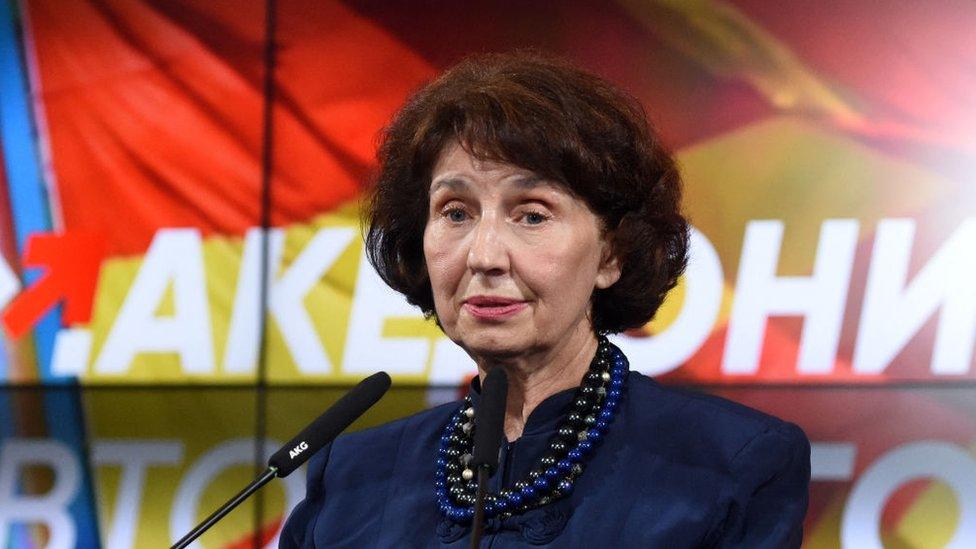
Nationalist Gordana Siljanovska-Davkova beat the incumbent Stevo Pendarovski in the 2024 presidential elections, becoming the country's first female president. Siljanovska-Davkova, backed by the nationalist VMRO-DPMNE party, won nearly 65% of the vote.
North Macedonia's decades-long name dispute with Greece has flared up again, further jeopardising its path to EU membership. During her inauguration, Siljanovska-Davkova referred to her country as simply "Macedonia".
Athens has warned its northern neighbour it will not ratify parts of a landmark 2018 agreement that had appeared to settle the row.
North Macedonia's presidents are directly elected for a five-year term. The president appoints the prime minister, and legislative power is vested in parliament.
Prime minister: Hristijan Mickoski
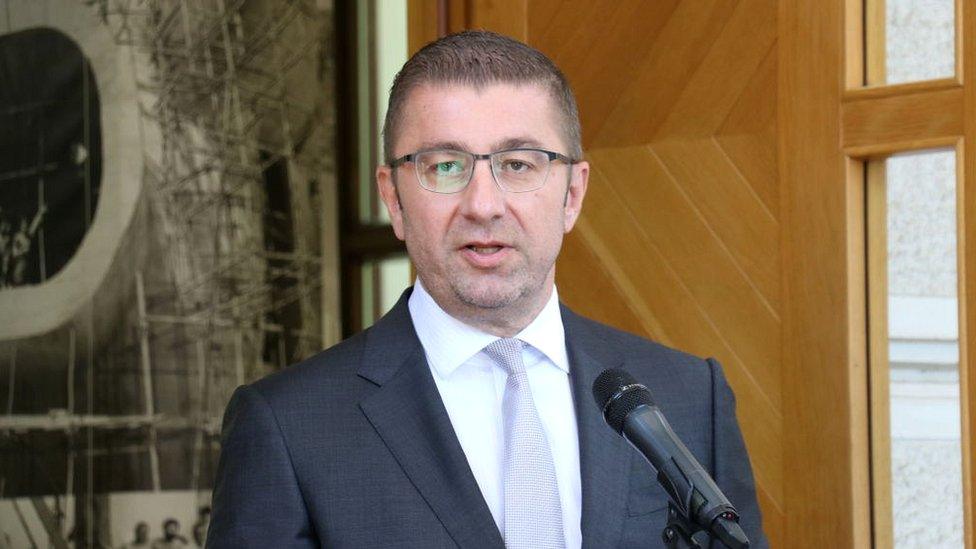
The coalition led by Mickoski's VMRO-DPMNE party won just over 43% of the vote in the May 2024 elections, held at the same time as the country's presidential vote. The party gained 58 of parliament's 120 seats, three short of the number needed to govern alone.
Mickoski announced an initial coalition government deal with the ethnic Albanian Vredi, or Worth, party which has 14 lawmakers and the small leftist ZNAM, which has six.
VMRO-DPMNE seems set to take a confrontational approach with both Sofia and Athens - both of whom would need to agree to Skopje's admission into the EU.
It is rejecting Sofia's demand for constitutional changes recognizing a Bulgarian minority. Meanwhile, Athens is angered that Mickoski has referred to the country as "Macedonia" rather than "North Macedonia" - reigniting the old tensions with Greece about the use of the name of the homeland of Alexander the Great.
MEDIA
Television is North Macedonia's most popular news medium. Public networks face stiff competition from commercial stations, which dominate the ratings.
TIMELINE
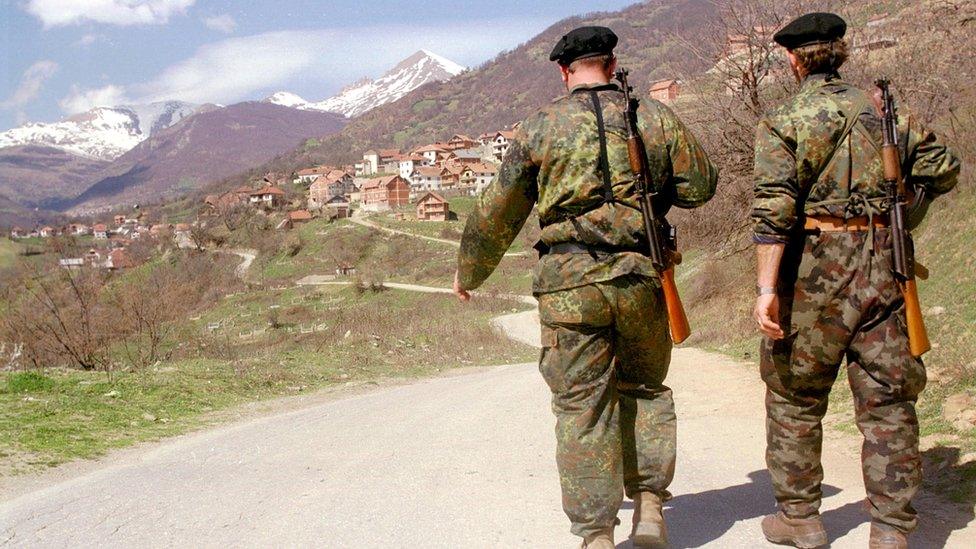
Ethnic Albanians pressing for greater minority rights staged an uprising which brought the country to the brink of civil war in 2001
Some key dates in North Macedonia's history:
1913 - Ottoman rule in Europe ends after five centuries. Historic Macedonia is partitioned between Serbia, Bulgaria and Greece. What is now North Macedonia is incorporated into Serbia.
1914 - World War One. Macedonia is occupied by Bulgaria.
1918-19 - Macedonia becomes part of Serbia again. The Kingdom of Serbs, Croats and Slovenes is founded, and is renamed Yugoslavia in 1929.
1945 - Establishment of Yugoslav socialist federation, comprising six republics, including Macedonia.
1980s - Rise of nationalism among federation's constituent republics.
1991 - Declaration of independence. International recognition is slow because Greece objects to the use of the name Macedonia, the same as one of its own provinces.
1991 - Majority of voters support independence in referendum. International recognition slowed by Greek objections to the name Macedonia, which the same as its neighbouring province.
1993 - Gains UN membership under the name Former Yugoslav Republic of Macedonia.
1995 - Greece recognises independence, lifts earlier trade restrictions.
2001 - Uprising by ethnic Albanians. Rebel militia engages in skirmishes which bring country to brink of civil war. Peace deal involves greater recognition of Albanian rights in exchange for rebel pledge to lay down arms.
2005 - Macedonia becomes a candidate for EU membership.
2018 - Referendum to change country's name to North Macedonia declared invalid due to low turnout. Government presses ahead, in line with an agreement with Greece.
2019 - Name change to North Macedonia comes into force after ratification by Greek and Macedonian parliaments, opening way for Greece to stop blocking its neighbour's bid to join EU and Nato. North Macedonia signs Nato accession agreement.
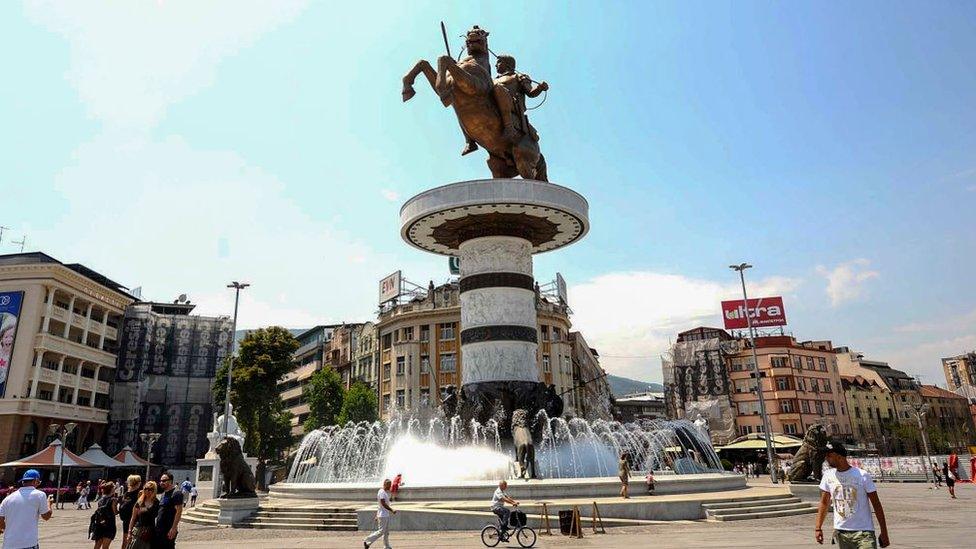
A huge statue of Alexander the Great dominates Skopje's central square
Related topics
- Published28 June 2023
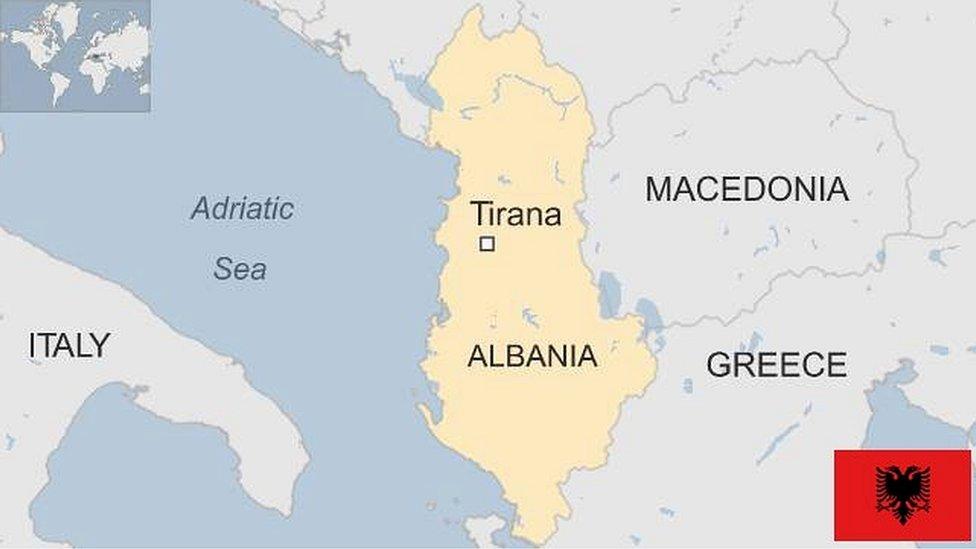
- Published22 May 2023
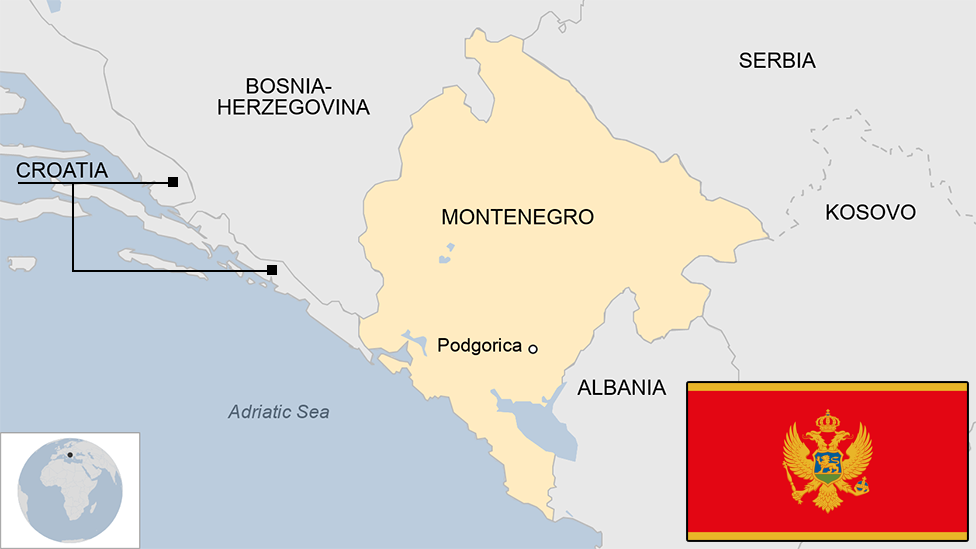
- Published28 June 2023
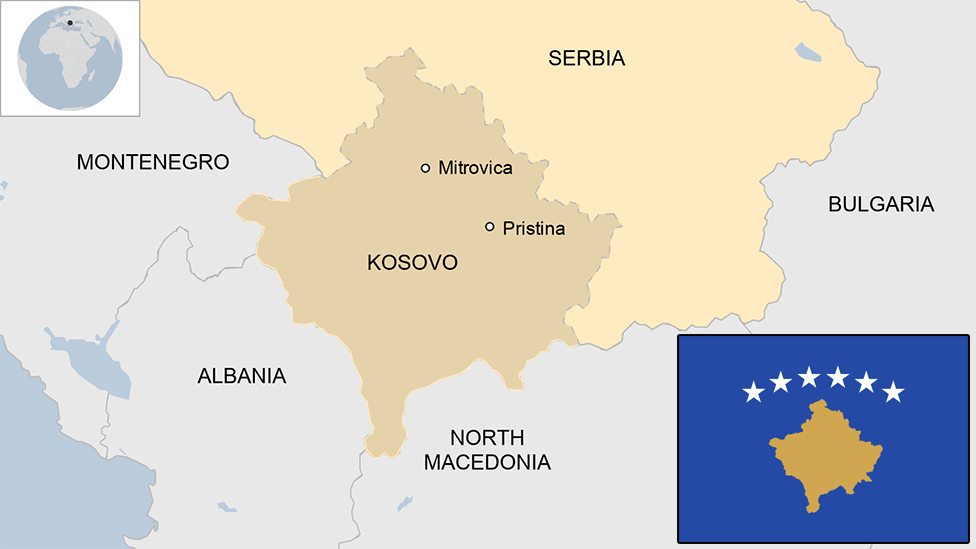
- Published28 January
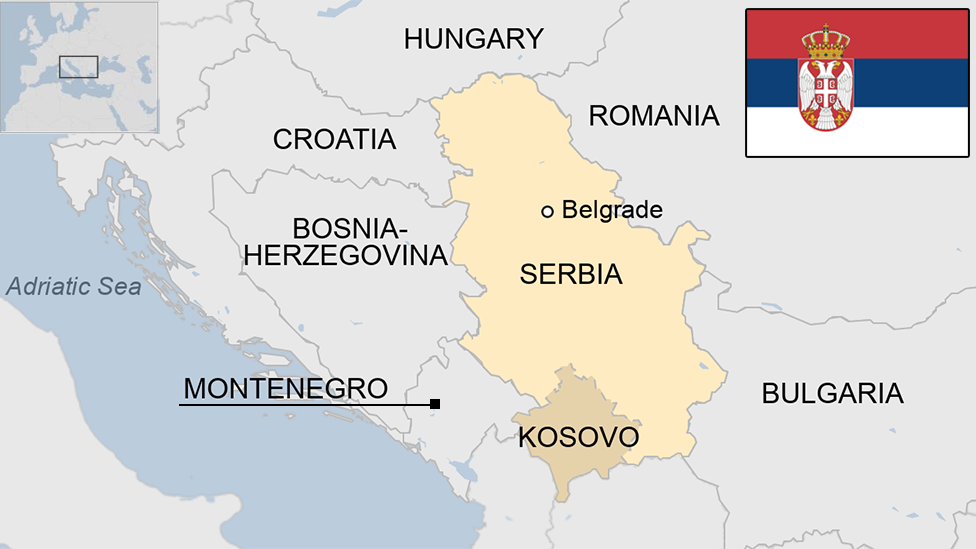
- Published20 January
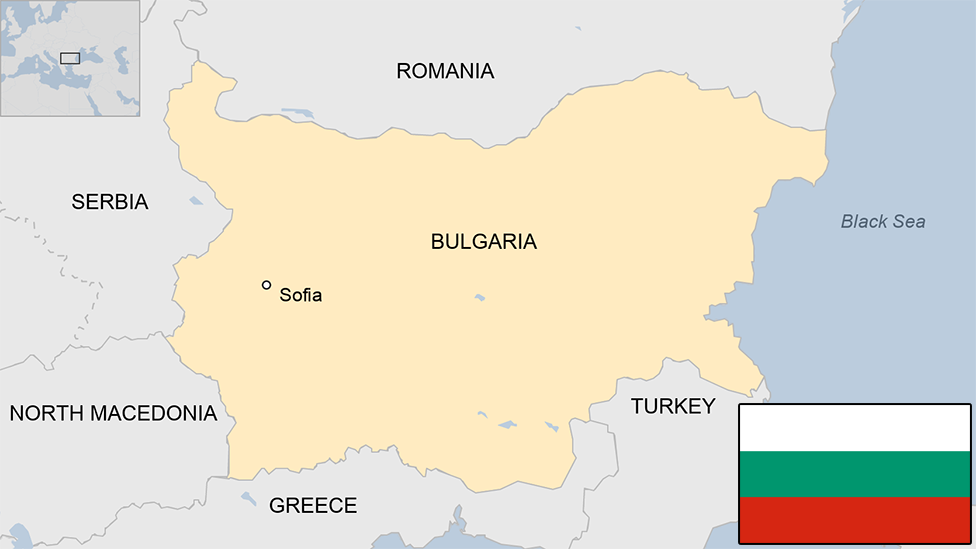
- Published28 June 2023
